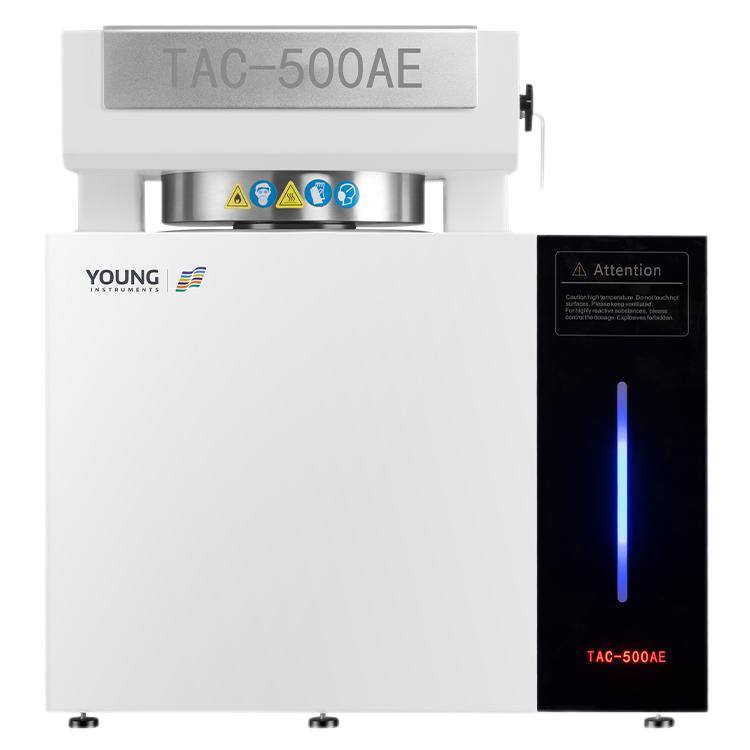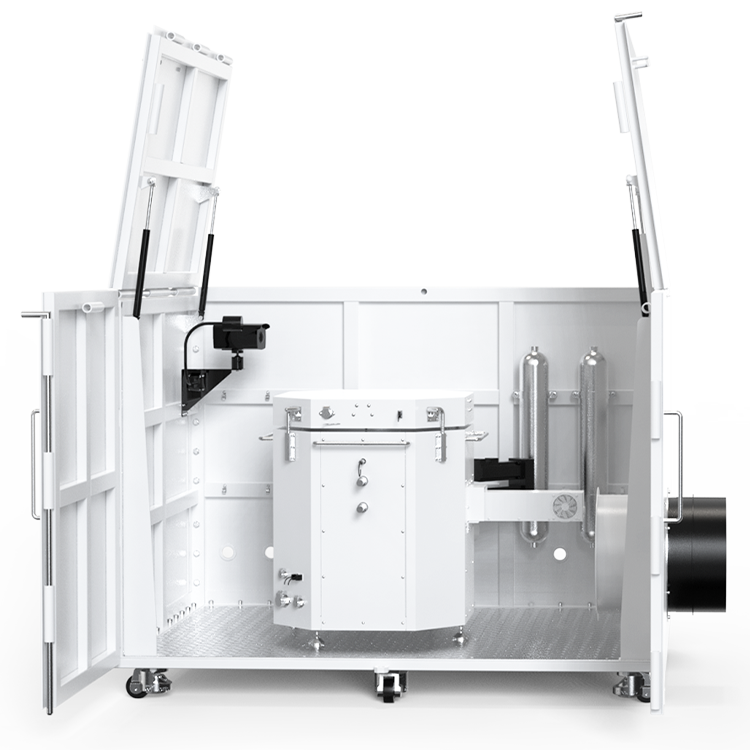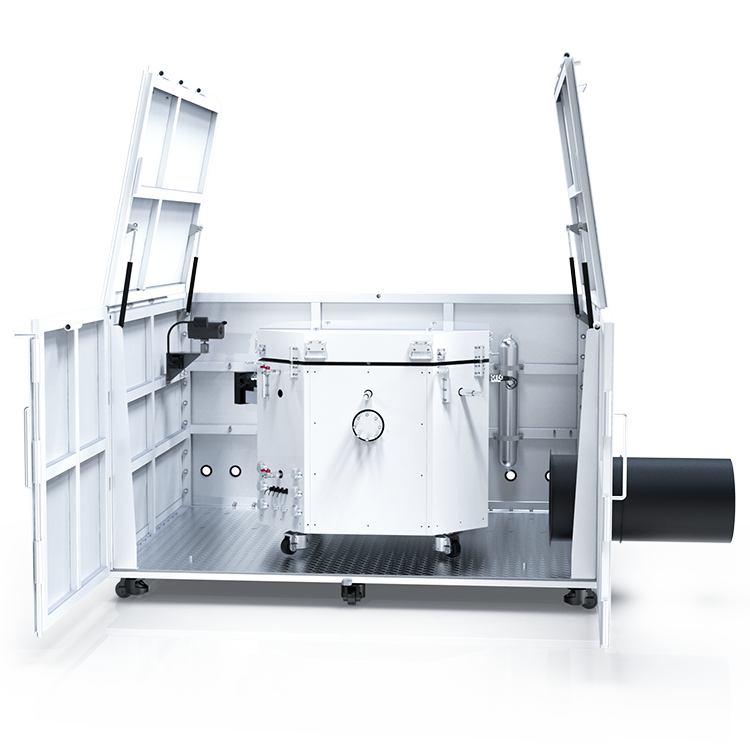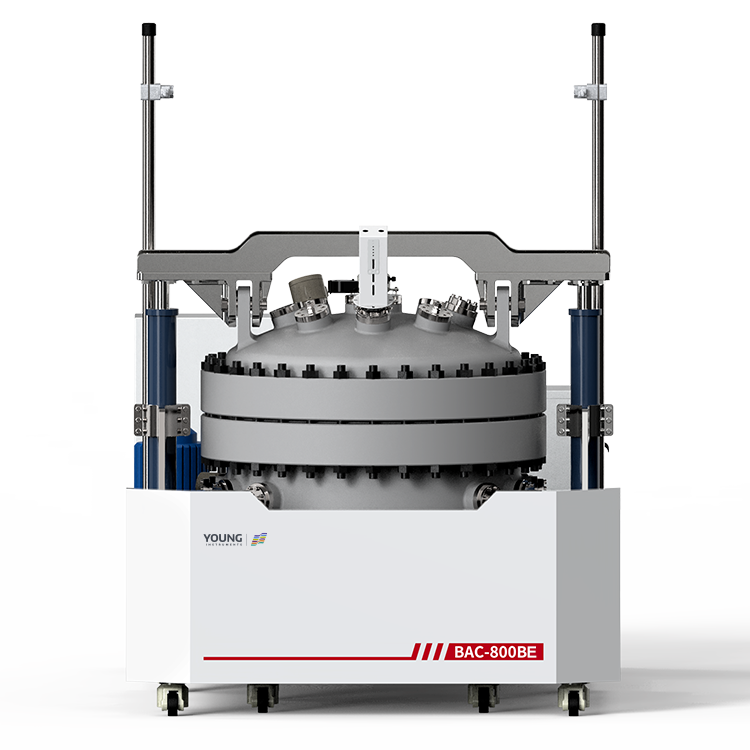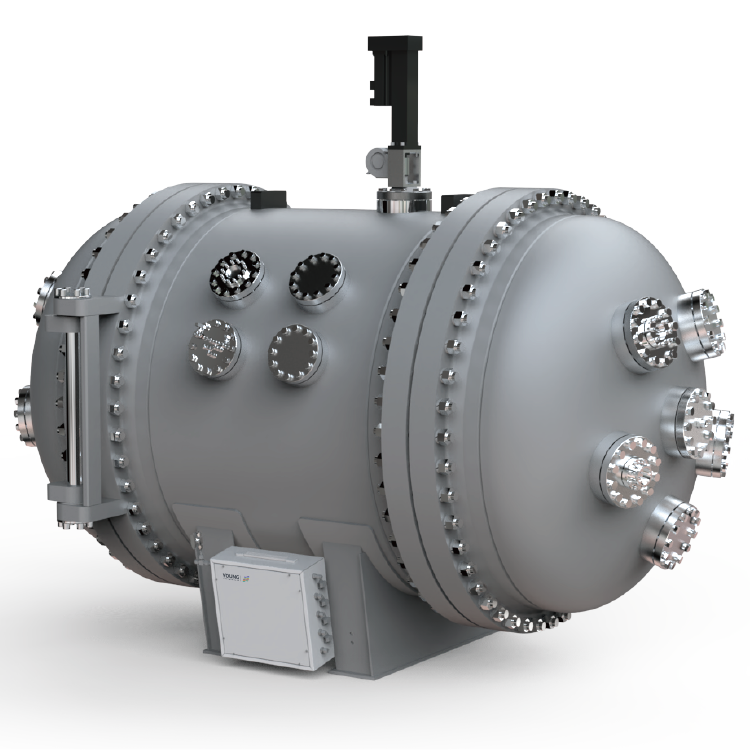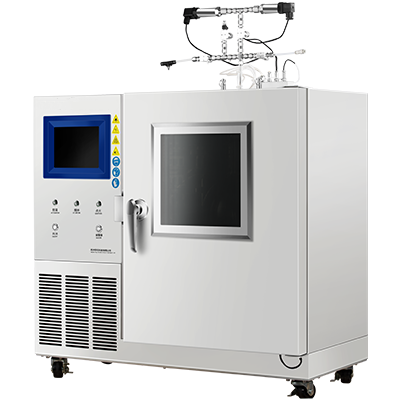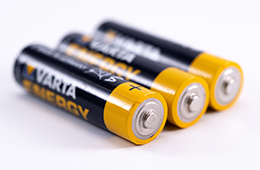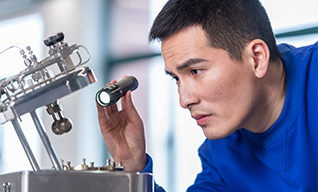The 4th “Lithium-Ion Battery Thermal Testing Symposium” Successfully Convened
On June 27, 2024, the fourth “Thermal Testing Symposium on Lithium-Ion Batteries,” hosted by Zhejiang Zhenyi Holding Group Co., Ltd. and organized by Young Instruments, Zeal Instruments, and Just Instruments, was successfully held in Hangzhou.
The conference combined online and offline formats, inviting nine experts and scholars in the field of lithium batteries to deliver keynote speeches on hot topics such as the interpretation of standards for energy storage batteries and power batteries, exploration of battery thermal testing methods and standards, challenges of new types of battery thermal testing technology, and cutting-edge testing technology for thermal runaway gas production. Nearly a hundred experts in the fields of lithium battery testing, battery material, battery energy storage technology, and related testing equipment technology attended the conference for discussion.

Professor Wang Qingsong from the University of Science and Technology of China shared cutting-edge research progress with the guests on aspects such as the thermal runaway combustion and heat generation characteristics of ternary lithium batteries and lithium iron phosphate, as well as the gas production kinetics model and fire dynamics model.
Professor Wu Fan from the Institute of Physics, Chinese Academy of Sciences, introduced the development progress of all-solid-state batteries with sulfide solid electrolytes, which have the highest lithium ion conductivity and good mechanical properties.
Associate Professor Lin Chunjing from Chongqing University of Technology shared his research on the safety of power batteries, which carries out a comprehensive, multi-level, multi-scenario, and multi-physical field characteristic quantitative evaluation system, helping to enhance the intrinsic safety at the cell level and to manage safety and protection at the application level.
Dr. Qiu Wenze from Zhenyi Applied Research Institute introduced the application of the isoperibolic calorimeter in the field of lithium batteries, its testing methods, operational procedures, and development trends, sharing the adiabatic thermal runaway test method to promote the safety management technology of lithium batteries with accurate and reliable data.
Dr. Yun Fengling from the National United Automotive Power Battery Research Institute shared how to obtain the safe usage boundaries of batteries and shared related research from a quantitative evaluation perspective.
Li Zhaoyang from the China Automotive Technology and Research Center shared the revision of the safety requirements for power batteries based on the “force-electricity-heat” failure analysis, providing a professional inspection and testing perspective for the revision of the safety standards of power batteries.
Xu Shengzhao, the director of Beijing Jiahe Certification Center, elaborated on the product safety requirements from the perspective of standard interpretation and product certification requirements of GB/T 36276-2023. The standard divides product safety into electrical safety performance, mechanical safety performance, environmental safety performance, and thermal safety performance, and he analyzed the differences and significance of the judgment criteria in detail.
Guo Yangyang from Shanghai Intelligent New Energy Vehicle Technology Innovation Functional Platform Co., Ltd. summarized the characteristics of thermal runaway of various batteries, analyzed the key points of gas production analysis and the characteristics of gas production of various batteries, introduced the impact of battery thermal runaway on overall safety, and shared the thermal characteristics, gas production, and failure analysis of batteries in each life cycle.
Li Huafeng, the laboratory director of the Sichuan New Energy Vehicle Innovation Center (Acad. Ouyang Minggao’s workstation), said that the safety and failure mechanism of semi-solid-state batteries need further research, and the core of the safety design of semi-solid-state batteries is based on the mechanism of thermal runaway, cutting off or reducing the key heat-producing reactions helps to reduce the occurrence of thermal safety accidents of batteries.
At this conference, a variety of instruments such as the BAC-420AE large battery isoperibolic calorimeter, DSC-40AE differential scanning calorimeter, multiphase high-temperature high-pressure explosion limit tester, and 3D thermal property analyzer were displayed, attracting the attention of the guests.

From 2021 to 2024, the LBTTS Lithium-Ion Battery Thermal Testing Symposium has marked its four-year journey. The conference has attracted thousands of offline participants and online live-stream viewers, together witnessing the innovation and exploration of lithium battery thermal testing technology. It is this solid technological strength that has been continuously driving the high-quality development of the lithium battery industry. We will continue to uphold the purpose of cooperation and exchange, innovation and creation, to build a high-quality and high-standard academic exchange platform, gather outstanding results, promote technological innovation, jointly discuss technical challenges and cutting-edge trends, and embrace the new challenges and opportunities of the lithium battery industry.








